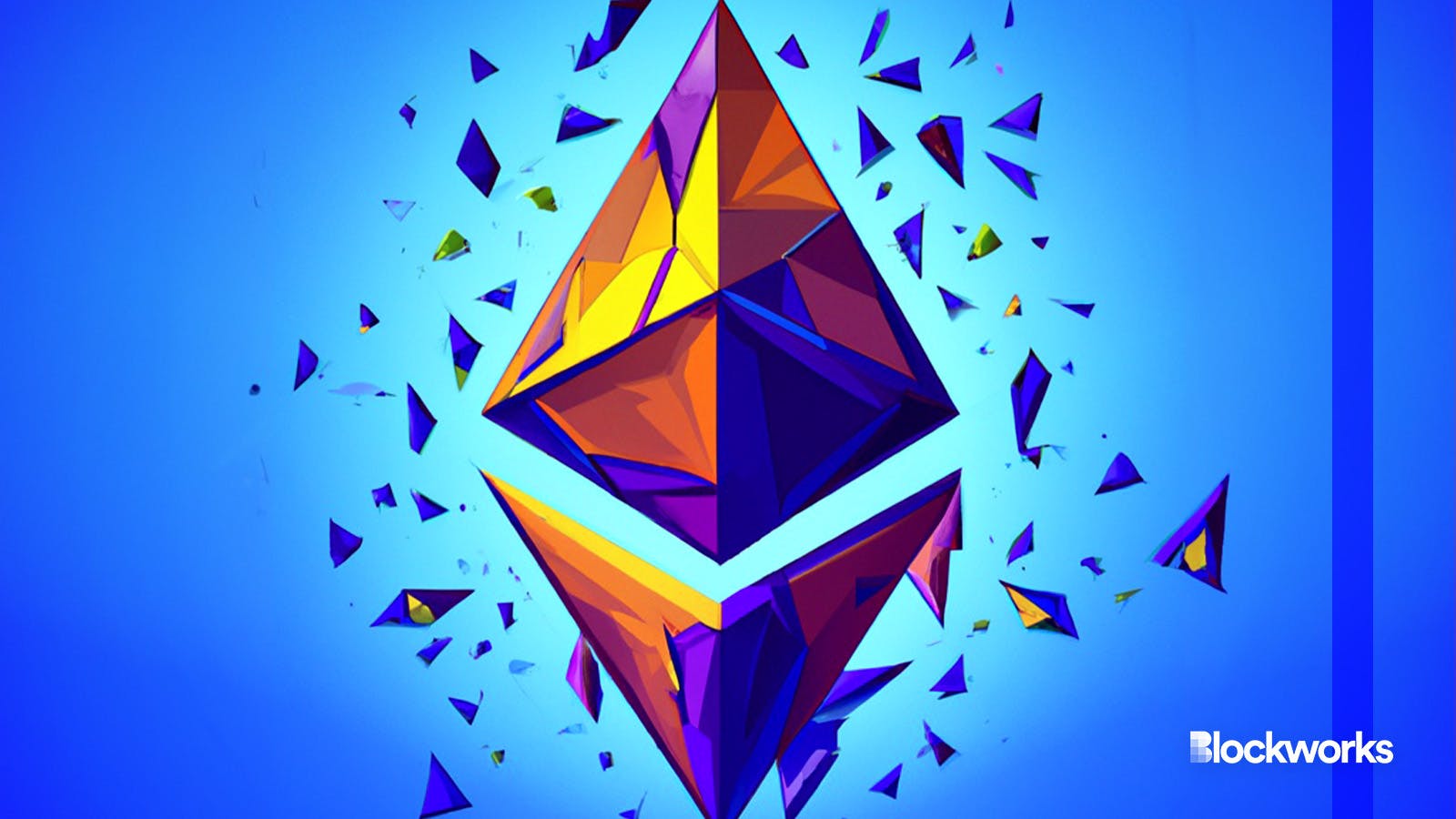Ethereum devs debate future of account abstraction
Vitalik Buterin wants to firm up the account abstraction roadmap

Shutterstock AI Generator modified by Blockworks
Ethereum’s Dencun upgrade is all set for March 13, as Thursday’s core developer call reiterated that client teams are all-systems-go for mainnet.
Attention quickly returned to the candidates for inclusion in the next upgrade after Dencun, now referred to as Pectra — and specifically the Ethereum Improvement Proposals (EIP) that deal with issues of account abstraction.
The challenge: making the account abstraction roadmap more concrete.
Ethereum co-founder Vitalik Buterin, who rarely participates in core developer calls these days, kicked off the discussion by calling for “long-term goal alignment.”
Read more: Ethereum Improvement Proposals to watch in 2024
Aside from a few “smaller things,” there are four main goals for an account system revamp, on Ethereum, Buterin said. It should:
- allow for key rotation and key deprecations;
- be quantum computer resistant;
- allow batching;
- allow sponsored transactions.
The first two goals are clearly not satisfied by Ethereum’s “end user account” (EOA) model, hence the need to move the entire EVM ecosystem towards smart contract accounts (SCAs).
“One thing that would be good to avoid is essentially creating two totally separate developer ecosystems for smart contract wallets and for EOAs,” Buterin said.
Core developers have previously identified a need to deliver feature upgrades that improve the user experience in the short term, even as they work to deliver on a multi-year roadmap for Ethereum.
Read more: Ethereum devs consider ‘existential’ upgrade to the EVM
Ethereum’s first mainnet foray into account abstraction was EIP-4337, which debuted at the ETHDenver conference in 2023.
“It was meant to be a testbed,” Ethereum developer Yoav Weiss reminded his colleagues on the call. “It allows [us] to experiment with account abstraction on different EVM chains without having to reach consensus on how account abstraction works.”
Since then, the improvement has yielded millions of smart contract accounts. Layer-2 networks zkSync and Starknet have even enshrined their own 4337-based native account abstraction approaches.
But there’s a catch. These bespoke implementations caused wallet fragmentation — you can’t use Starknet’s Argent wallet on other chains — and potentially new attack vectors, according to Weiss.
The solution is to have a standardized and secure version that any layer-2 can use, enabling a better user experience across chains.
“It’s something that’s going to happen with or without us, so we may as well help them get it right,” Weiss said.
Next steps
Developers focused on two competing EIPs that are being considered as a stepping stone towards a more comprehensive smart contract account system on Ethereum: EIP-3074 and 5806.
Core developers Lightclient and Andrew Ashkhmin favored the former, while Weiss outlined some advantages of the latter.
The consensus was that more discussion is needed, but one thing is clear: Whatever option wins out for Pectra, it should keep open the path for further innovation.
“We need to make sure no EIPs make it hard for us to do account abstraction later, and both of these [3074 and 5806] are fine in that sense,” Weiss agreed.
Developers must weigh the need to improve Ethereum for its current users, while remaining aligned on the future trajectory of the network.
According to Ashkmin, a software engineer with the Erigon client team, EIP-3074 is fairly EOA-specific but has “a pretty natural path to extend it to be smart contract focused as well.”
That’s a good thing, said Ahmed Bitar, a core developer at Nethermind, noting that EOAs aren’t going anywhere until “normal users” (think: your mom) can readily deal with smart contract accounts.
Buterin, who doesn’t make decisions but whose opinion carries weight in the Ethereum community, embraced that approach.
“I think that’s exactly why 3074 and 5806 are being discussed,” he said. “In the long term, if there is an endgame where EOAs get removed as a protocol feature, that will not mean any kind of forced wallet change for users.”
Get the news in your inbox. Explore Blockworks newsletters:
- The Breakdown: Decoding crypto and the markets. Daily.
- 0xResearch: Alpha in your inbox. Think like an analyst.






